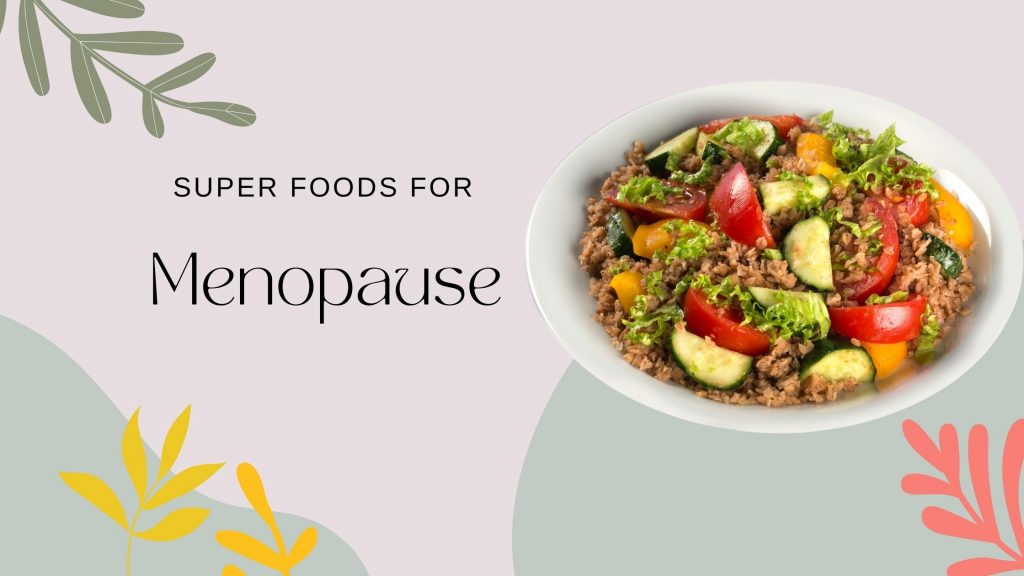Menopause, the not-so-fun aging process for us women.
Some of us hit this speed bump in our 40s, others hit it in their 50s.
I’m not sure when perimenopause came to visit, but I do remember not enjoying the roller coaster ride of night sweats, day sweats, irritability, and the dreaded weight gain.
I would be having a conversation with a friend or two and out of the blue, my body would be set on fire. My face and neck would suddenly turn bright red, and I’d look at my friends and tell them I was in the midst of my tropical vacation.
Weight gain is the cruelest part of the menopause journey, and it seems nothing you do works. I call it the stubborn weight gain that never wants to let go.
There are a few reasons for this dreaded weight gain, the top two being
Loss of muscle mass.
The greater your muscle mass, the greater your energy burn. As you age, you will want to continue to exercise, building your muscles through strength training, building your core muscles, and other types of full body exercise.
Muscles burn calories. Less muscle leads to more weight gain, usually around your belly.
Increase hunger.
There’s a couple of hormones that will begin to work against you as you go into menopause. There’s the hormone that makes you hungry, called ghrelin, and the hormone that makes you feel full, called leptin.
Menopause turns up the hungry hormone ghrelin and turns down the hormone leptin. All this leads you feel hungry without feeling satisfied. So, you may find yourself just eating through your day without feeling satisfied.
End result: weight gain
Don’t give up, there is a way to outsmart the menopause weight gain.
As you enter this new season of life, you’ll want to begin to eat the right types of foods. Foods that work with your body and not against you. Foods that help your hormones stay balanced and your metabolic rate running on high.
Protein for Muscle
Protein is essential for your muscles. Menopause causes you to naturally lose muscle mass, and eating protein at every meal will help you maintain your muscle mass.
Studies have shown that women over the age of 50 should consume 20 to 25 grams of protein at every meal.
Protein will help you stay fuller longer, which will help offset that hunger hormone that is out of balance.
Quality sources of protein:
- Meat and poultry
- Fish and shellfish
- Eggs
- Beans and lentils
- Nuts and seeds (contain more fat than protein but still a great source of amino acids)
Natural Fiber
Fiber is an essential part of your diet, especially during menopause. Eating fiber – whole grains, fruits and vegetables, as part of your daily diet will help stabilize your blood sugar to reduce those sugar cravings that sneak up on you during the day.
Fiber is also important for your cardiovascular health and has shown to help decrease hot flashes.
Your plate should be 50% fruits and vegetables and 25% whole grains.
Quality sources of fiber:
- Vegetables (squash, peas, sweet potato, artichokes, collard greens, pumpkin, parsnips, Brussels sprouts etc.)
- Fruit (pears, avocados, blueberries, raspberries, blackberries etc.)
- Nuts (almonds, pistachios, macadamia, hazelnuts, pecans, Brazil nuts, walnuts, dried coconut etc.)
- Seeds (sesame, sunflower, pumpkin, chia, flax etc.)
- Gluten-free grains (oat, quinoa, wild rice etc.)
- Beans and lentils
- Flax
- Brown rice
- Quinoa
- Whole Wheat
- Rye
Healthy Fats
Your body requires healthy fats to be a part of your daily meals. During menopause you may see a decrease in hot flashes when you add healthy fats to your diet.
Quality sources of healthy fats:
- Avocado
- Olive Oil
- Omega 3 fats from nuts, fatty fish, flax seeds
- Dark meat from chicken
Menopause is a natural part of our aging process, yet we do not need to allow it to define us. From unwanted weight gain, irritability, hot flashes, depression, and more, you have the power to be the one in control.
Choose to begin to eat healthier every day, add exercise to keep your bones strong, and always make self-care part of your daily routine.
As part of your healthy eating plan, breakfast allows your body to get ready for the day ahead. Try this power packed breakfast muffin that is full of fiber and protein.

